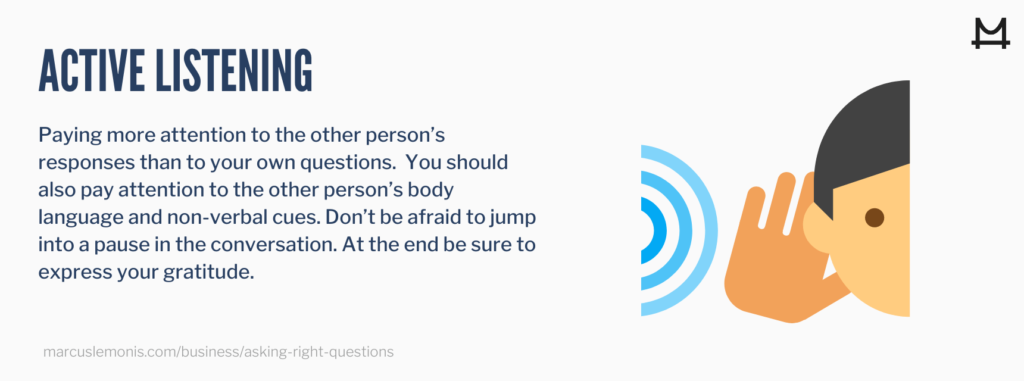

Active listening is a really good way to get kids to open up. Some students will be open and informative but others won’t. If you are to support your students, you need to know what’s going on in their lives. To find out what’s really going on with your students So a virtuous circle has been started that can do nothing but good for your students – just by listening to them. Increased motivation makes the students much more likely to work harder and if they work harder, they achieve more and will receive yet more respect. In other words, they feel more motivated. When you listen to your students, they feel that much more valued and if they feel more valued, they feel good about themselves which in turn makes them want to do more. When someone is listened to, they feel more respected than if they are spoken over or talked at. To show respect for and motivate your students. Peter Hudson believes there are several reasons why listening is important for teachers: Since research shows that feeling connected is requisite to students’ motivation to learn, showing that we listen is important not only as a matter of kindness but also as a motivational strategy.

Knowing their teacher is interested in what they are saying, makes students feel cared about and emotionally connected to a school. Research shows that it is listening–really listening–to students that is critical to the student/teacher relationship. Learners feeling that they are in a safe environment where they are willing and able to express concerns, ask questions, ask for help, take risks.Learners see themselves as active partners in their own education they become more invested in their learning,.Positive classroom culture which can lead to a positive school culture,.The benefits of active listening include: By providing this ‘feedback’ the person speaking will usually feel more at ease and therefore communicate more easily, openly and honestly. Interest can be conveyed to the speaker by using both verbal and non-verbal messages such as maintaining eye contact, nodding your head and smiling, agreeing by saying ‘Yes’ or simply ‘Mmm hmm’ to encourage them to continue.
#ACTIVE LISTENING DEFINITION IN EDUCATION FULL#
As well as giving full attention to the speaker, it is important that the ‘active listener’ is also ‘seen’ to be listening – otherwise the speaker may conclude that what they are talking about is uninteresting to the listener.

Active listening involves listening with all senses. That is fully concentrating on what is being said rather than just passively ‘hearing’ the message of the speaker. ‘ Active listening‘ means, as its name suggests, actively listening. I also get to witness the joy and excitement through their faces and body language when I respond in awe with what they shared with me. Their stories, ideas, jokes, and wit are often amazing and I get great joy in hearing them. I get to really relish in how they see the world. For this academic year, I decided to become even more intentional in practicing active listening with the students. What this boils down to, for me, is the teacher being an active listener. I get to practice what I preach on a regular basis as I teach gifted elementary students three days a week.


 0 kommentar(er)
0 kommentar(er)
